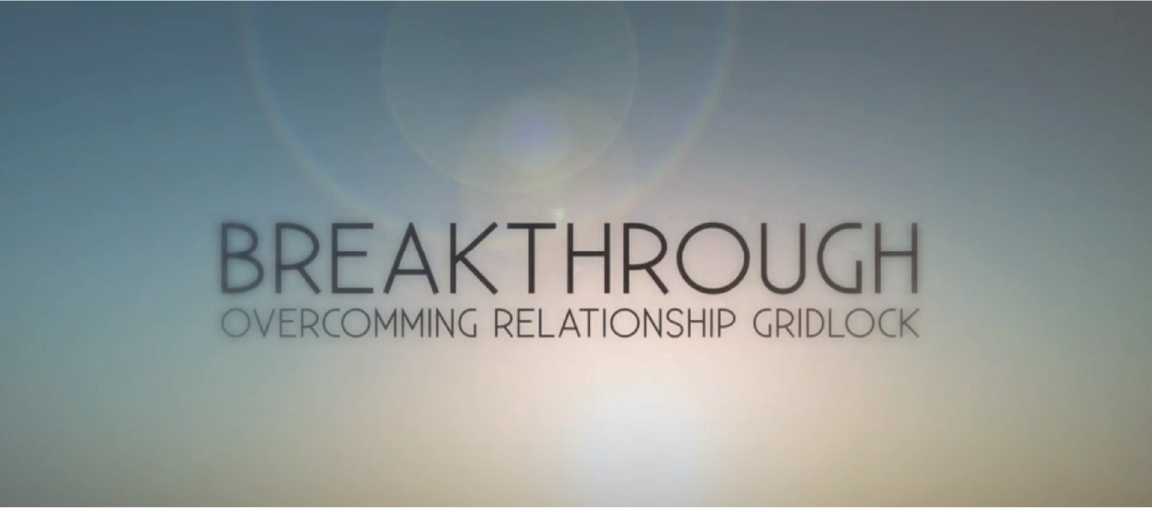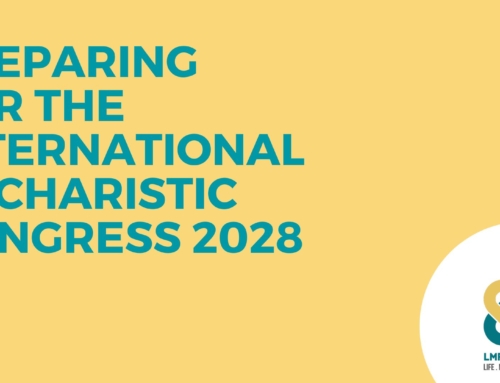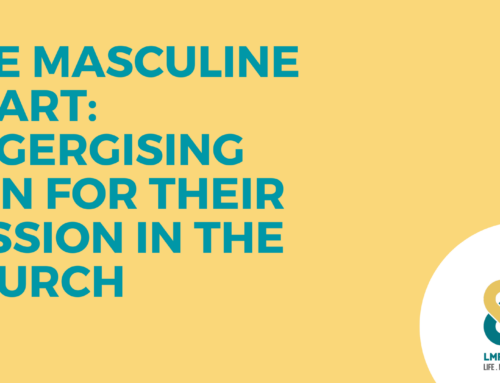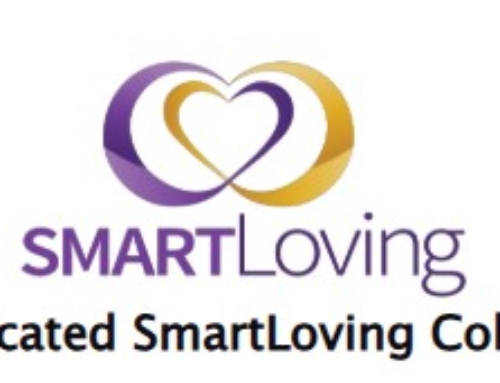January is typically the peak month for divorce applications in English-speaking countries. Having made the decision to divorce, many couples agree to postpone the application for one last Christmas together as a family. The parents hope that by delaying the devastating news until after Christmas, the children will be able to enjoy the day and then have a few weeks to adjust before school returns.
When Father Bob called us, it was late January and the third family in the past two weeks had just left his office, having informed him that they were getting divorced. He was urgent to do something to bring resilience and hope to the couples in his parish. We worked with him to run a SmartLoving marriage seminar, and a number of parishioners attended along with a dozen or more from elsewhere.
That was more than ten years ago. In the following years the calls to our office from desperate spouses continued. Their stories were similar: things were bad at home, but their spouse was refusing to participate in counselling or an enrichment course. Or they’d tried counselling but it didn’t work. Or they couldn’t find the right kind of counsellor, etc. It was heartbreaking.
At the time, we had nothing to offer them except some blog articles and links to American websites. Although the marriage seminar had proven to be life saving for couples on the brink, it required both spouses to attend. And we weren’t counsellors, and had no aspiration to hang up a shingle.
Then we heard about ‘The Third Option’; an initiative in the United States that was proving to be particularly successful. It broke all the rules in regards to marriage education. It didn’t require both spouses to attend. It didn’t occur on a weekend intensive, but over weeknights for several months. It didn’t require continuous attendance but each session was a stand alone unit. The course ran continuously, with the sessions recycling after all had been offered.
Simultaneously, relationship research was providing insights that gave us confidence to synthetise an entirely original offering through the SmartLoving series.
BreakThrough is Born
This gave birth to BreakThrough – a radically different approach to supporting marriages under stress. We began with the concerns of the spouses themselves and designed an experience that honoured their limitations and fears. Limitations around their ability to attend prolonged sessions. Fears around group and couple sharing.
The BreakThrough workshop was first piloted in 2014 for around 40 participants in Western Sydney. Although most attendees did come with their spouse, there were no couple activities and no group sharing. We worked (and prayed) to create an atmosphere of hope and respect for the sacred work each participant was undertaking.
And attendees came from all over and from all backgrounds. One couple drove up from Wagga (about six hours). Another couple who had been separated for nineteen years attended to appease their newly ordained son. One lady was recently divorced. A local couple were both in their second marriages and motivated to avoid a second divorce. A counsellor attended to check out what we were doing. And then there were the parish ladies who prepared the afternoon tea and loitered far longer than necessary.
We began the three-hour session by deconstructing conflict in a session we called: the Anatomy of an Argument. Here participants used a recent argument to apply the insights and do an ‘autopsy’, identifying conflict patterns such as preconditions, escalation triggers and flooding symptoms.
In part two we got the participants to identify the thoughts, emotions and needs associated with their recent argument. We guided them to dive deeper into the experience of pain so that they could bring it to the major activity of the workshop: a forgiveness process. Here we set them up to not just intellectually forgive their spouse, but to move their heart into the space of forgiveness.
This was accomplished through a written process that allowed them to dialogue with the wound as it pushed back against the will to forgive. By repeatedly writing, “I forgive you” and allowing any resistance to be voiced, they were able to dissolve the resentment that kept them locked out of forgiveness and healing. We were careful to maintain the distinction between forgiveness (an individual process) and reconciliation (a couple process).
Finally, in the third session, we turned our attention to teaching three simple strategies to help reset the pattern of their relating. These included the practice of gratitude, TaNGo (an SL tool for disarming and de-escalating an argument) and a simple daily prayer.
But does it work?
Did it work? Here are some of the indicators.
Although we concluded the workshop in the promised three hours, we asked the host parish priest to be available for confession afterwards. The confessions continued for over an hour. Emotional injuries are almost always companioned by some kind of sin, usually unrecognised until the injury is resolved or forgiveness accomplished.
The couple who had been separated for nineteen years? They decided to give it another go and turned up six months later on one of our marriage seminars. The prayers of their son throughout the workshop no doubt played a significant part.
Although attendance was free, we provided an envelope with an invitation for donations according to the participants’ means. We collected over $1000, more than double the ‘suggested’ value would have delivered.
And then there was the direct feedback and obvious engagement by the participants at the time. We spent over an hour talking with and hearing from the participants.
It was obviously a needed and effective offering.
Later that year, we filmed the input to be used just prior to the forgiveness activity. We engaged professional actors to present a story-line based on the many testimonials we had heard over the years.
The resulting video was a powerful motivator and it is not uncommon for people to be moved to tears. At a recent clergy training, one of the priests approached us later to tell us how moved he was, and that the film had helped him to forgive his former bishop (he’d transferred to a different diocese some years ago).
We also documented what we did into a facilitators kit which included printing rights to the handouts, presenters notes and slides and promotional material. Over 300 copies of this facilitators kit was purchased or distributed among our international network of mentors and affiliates.
Workshops that we ran continued to attract people from distant fields and the feedback was very encouraging. But we had trouble convincing locals to attend. It seemed that the stigma associated with seeking help from a local service was dissuading them and having recently created the first of our online courses (The Marriage Kit), we wondered whether an online option would be able to get around this issue.
The Online Option
We subsequently created films for the entire workshop and built an online course. The films are high quality, again using professional actors and narrators to allow us easier translation into other languages in the future.
We’ve also been adapting the forgiveness unit for other events including women’s retreats, marriage educator inservice and more. We’ve also been teaching professionals how to use the forgiveness process in their pastoral work including clergy, counsellors and marriage educators.
And here’s the thing: we all need to forgive somebody. It doesn’t matter how amazing our spouse is, or how delightful our children are, or how extraordinary our parents, siblings, friends or work colleagues are: if we have a heartbeat, we will have someone to forgive.
The project that began as a response to spouses in desperate situations, has become something that stretches wide to enrich everyone who engages with it, clergy, educators, counsellors, singles, religious etc.
So much love has been poured into this project, it is our delight to be able to offer BreakThrough Online to the community. We hope that it will form a useful contribution to all those who seek healing in their relationships and freedom in their spiritual life. For ultimately, that is what drives division in any relationship: the spiritual bondage due to unresolved resentment and shame.
As our Christmas gift to our brothers and sisters, we have discounted the price to zero until the end of January. If you haven’t already signed up, do so now. Check it out for yourself and share it. Share it with your clients, colleagues, family and friends. Let us together work to bring healing to our soul and unity to our relationships.
And may the perfect innocence of the Christ-babe reign in your heart this Christmas.
In faith and in love
Francine & Byron





